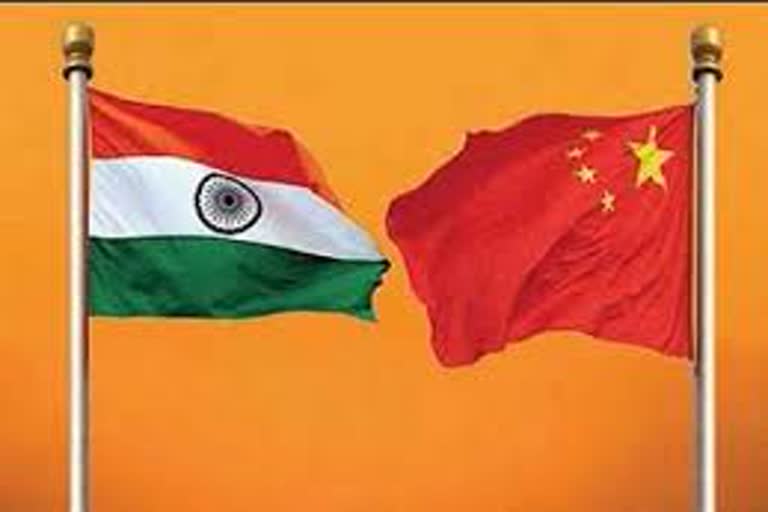New Delhi: India has sought greater access for agricultural and animal husbandry products in the Chinese market to boost exports and bridge trade deficit with the neighbouring country, an official said.
Necessary documents for bovine meat, milk and milk products have been submitted to China's General Administration of Customs of China (GACC).
China does not permit imports of Indian bovine meat due to fears over foot-and-mouth disease.
Also read : India may export 10-11 million tonnes ore pallets to China this year: Traders
The issues were raised during a meeting between Commerce Secretary Anup Wadhawan and GACC Vice Minister Li Guo here on Thursday.
India informed the Chinese side that it is exporting de-glanded and de-boned frozen meat to as many as 70 countries for several years.
"China has stated that they would look into the issue," the official said.
In the meeting, China sought greater market access for its dairy products such as chocolates and candies; and apple, pear and marigold seeds.
India has banned the import of chocolates, chocolate products, candies/ confectionary/ food preparations with milk or milk solids as an ingredient from China since September 2008.
The ban was imposed on apprehensions of melamine presence in some milk consignments from China. Melamine is a toxic chemical used for making plastics and fertilisers.
India is the world's largest producer and consumer of milk. It produces around 150 million tonne milk annually.
On this, the Indian side suggested for permitting the trade of bovine meat and dairy products on a reciprocal basis.
Further, the official said in the agriculture sector, India wants greater market access for soyameal, pomegranate, sapota (Chiku), banana, papaya, pineapple, maize, okra, and coconut.
The Chinese side stated that they want to import high-quality agricultural products from India and they are working on it.
Regarding exports of apple, pear and marigold seeds to India, China suggested the Indian side to send a delegation to look at orchards there.
India also wants greater market access for pharmaceuticals as the domestic industries face complicated regulatory processes in China.
Increasing exports of these products will help India narrow the widening trade deficit with China, which stood at USD 50.12 billion during April-February 2018-19.
Commenting on India-China trade, Mohit Singla, chairman of Trade Promotion Council of India, said that India will see enhanced trade in non-basmati rice, mango pulp, sesame seed and tea along with soybean, rapeseed and fish oil owing to strong government intervention and strategic efforts.
"The industry is eagerly awaiting the market access to the meat sector and enhanced cooperation in the marine products," he added.



